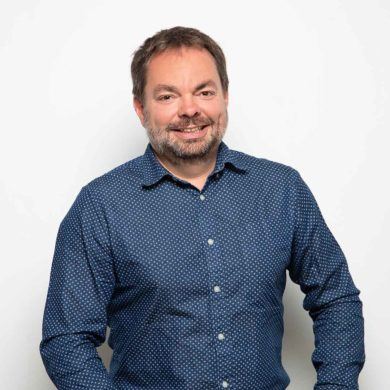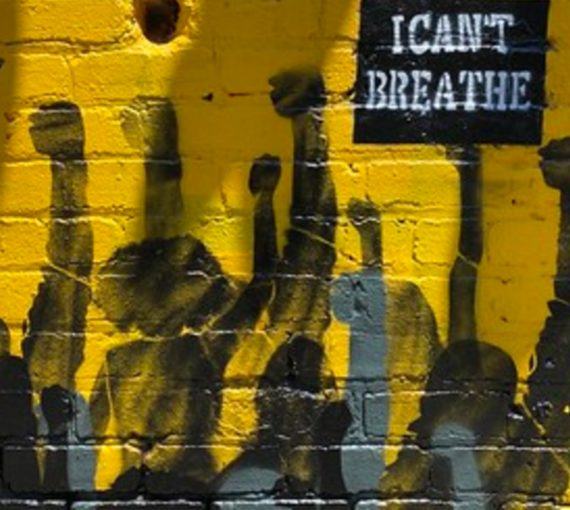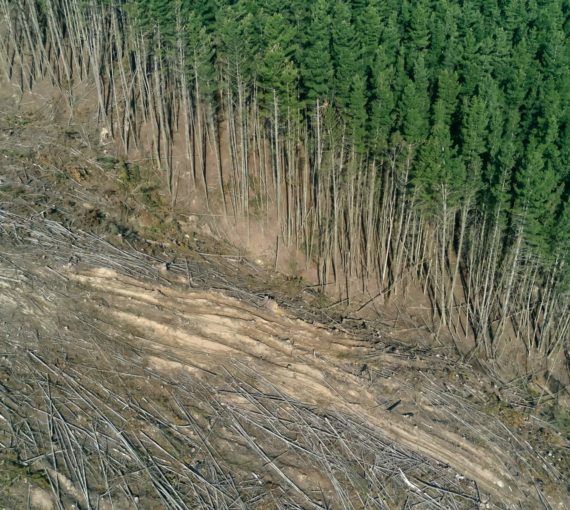
Today’s economy is growing not in spite of some of the greatest challenges our society faces, but because of them. (Photo: Chris Liverani via Unsplash)
Last week, Statistics Canada announced that gross domestic product grew by 1.3 per cent over the last quarter. It’s in large part because of an increase in household spending, meaning more money is leaving your wallet.
Does growth of our traditional measure of economic success mean you’re better off? Maybe; maybe not. But it’s time we accept GDP for what it was always meant to be: a measure of the value of goods and services our country produces, rather than a mark of our collective wellbeing.
Our economic system doesn’t distinguish between what’s good or bad for society. It often benefits from social ills and environmental crises. The act of using money to pay for, or provide, a good or service boosts economic activity. With wildfires, governments have to spend money on extinguishing, rescue operations and rebuilding, all of which support more jobs. Nobody would advocate for spreading more wildfires. But from the perspective of boosting GDP, there’s a transactional benefit to supporting a growing sector.
Our economic system doesn’t distinguish between what’s good or bad for society. It often benefits from social ills and environmental crises.
Today’s economy is growing not in spite of some of the greatest challenges our society faces, but because of them. More people than ever are struggling to make ends meet, while the twin biodiversity and climate crises threaten the very future of humanity. Yet we continue to focus on growing GDP, as if that ever will translate into greater human and ecological wellbeing.
If we want to break the vicious cycle that results from chasing economic growth above all else, we need to redefine our economic purpose. We need to pursue wellbeing as if it’s the only thing that matters. Because ultimately, isn’t it? Don’t we all want greater health and more time to raise our children? Or meaningful jobs that keep us satisfied?
There is something profoundly wrong with an economic system that values a sick child over a healthy one, since a sick child creates more jobs and services and thus boosts GDP. It would seem that our society is the one that is sick.
It’s not a radical idea to grow an economy intentionally designed to generate wellbeing for people and ensure nature’s health in perpetuity.
We can still disagree on political priorities. But until we get over this obsession with economic purpose as growth, we’ll never achieve wellbeing for all. Until we can stop treating each other and the world around us like factors of production just waiting to be converted into money at the cheapest possible rate, we’ll be trapped in the same economic thinking that led us to where we are today: a world where a rich few propel themselves to new planets, while the vast majority struggle to survive on the only planet they’ll ever know.
It’s not a radical idea to grow an economy intentionally designed to generate wellbeing for people and ensure nature’s health in perpetuity. Indigenous Peoples worldwide have been guided by such holistic thinking since time immemorial. All we need to do is listen and learn from their experiences.
GDP may tell us how much an economy has grown, but it says nothing about the quality of life of those growing it. It’s time we put people and the planet first.
This op-ed was originally published in The Toronto Star
Our work
Always grounded in sound evidence, the David Suzuki Foundation empowers people to take action in their communities on the environmental challenges we collectively face.





